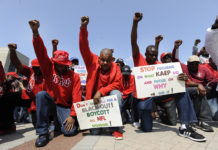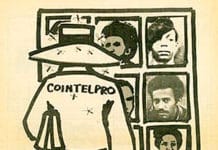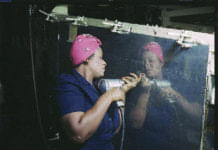by Reprieve
A military medical professional at Guantánamo Bay recently refused to force-feed detainees after witnessing the suffering it caused them, it has been revealed.

A Department of Defense spokesperson confirmed the basics of this account in an email to Miami Herald journalist Carol Rosenberg. The spokesman wrote: “There was a recent instance of a medical provider not willing to carry out the enteral feeding of a detainee.” The nurse in question has apparently been assigned elsewhere; Mr. Dhiab said that after the man made his decision known, he never saw him again.
The nurse also related to Dhiab the discrepancy between military descriptions of force-feeding and the reality: “Before we came here, we were told a different story. The story we were told was completely the opposite of what I saw.” Other nurses have voiced their concern about the practice, according to Dhiab, but said they had no power to object. Mr. Dhiab says he often heard comments to the effect of: “Listen, we have no choice. We are worried about our job, our rank.”
Force-feeding has been ongoing at the prison since men started hunger striking in peaceful protest at their detention without charge or trial. Last year more than 100 men participated in a mass hunger strike at worsening conditions and indefinite detention after President Obama closed the office charged with closing the prison. That office has since reopened, but 149 men, the majority of whom have been cleared for release, remain imprisoned.
Mr. Dhiab is currently engaged in a high profile court battle against force-feeding, winning the first ever disclosure of videotapes of the practice. His security-cleared lawyers have been able to watch the tapes – which they said were so disturbing they had trouble sleeping – but are banned from disclosing their contents to the public or even, in unprecedented censorship, to other security-cleared Guantánamo lawyers. Sixteen major media organizations have intervened in the litigation, seeking to have the force-feeding tapes made public.
Cori Crider, Reprieve’s strategic director and attorney for the detainees, said: “This is a historic stand by this nurse, who recognized the basic humanity of the detainees and the inhumanity of what he was being asked to do. He should be commended. He should also be permitted to continue to give medical care to prisoners on the base but exempted from a practice he rightly sees as a violation of medical ethics.”
British-based Reprieve “delivers justice and saves lives, from death row to Guantánamo Bay,” according to its website.

 Store
Store











